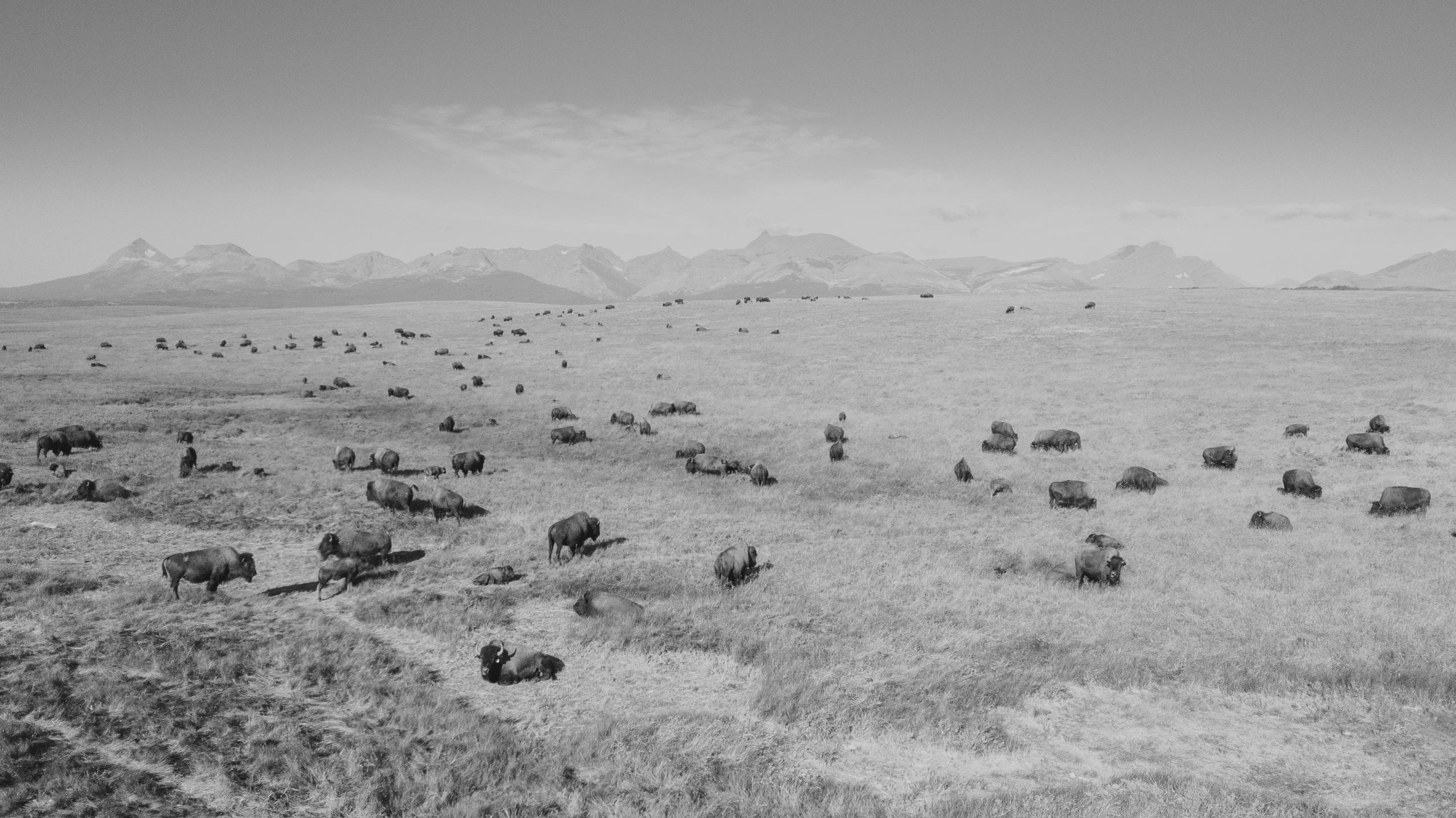
1 minute read
AGRICULTURE AND FOOD SOVEREIGNTY CONTINUED...
High priority initiatives include the creation of a multispecies meat processing facility that will provide high-quality proteins to local institutions and create economic opportunity for Tribal ranchers.
Other initiatives include Piikani Lodge’s traditional lodge-style camps involving Tribal Knowledge Carriers in the creation of Blackfeet youth education and leadership training that will help to cultivate the next generation of land stewards (also described under the Piikani Health Program). As of January 2021, 700+ youth and their family members have participated in PLHI’s camps.
Advertisement
PLHI’s recent efforts around regenerative agriculture include the Piikani Regenerative Grazing Initiative and in our climate adaptive agriculture programs where PLHI staff work closely with local ranchers and partners at Blackfeet Community College, The Nature Conservancy, USDA NRCS, Montana State University, the Blackfeet Tribe, and many more.
Our work thus far has actively engaged 20-25 ranchers and specifically assessed approximately 20,000+ acres for transition to Indigenous regenerative grazing practices through rancher outreach programs, soils testing, management planning, and pilot-scale site developments. The learnings from these pilot projects are now forming the basis of a widespread adoption of regenerative grazing practices across the ~1 million+ acres of grasslands and 50,000+ acres of wetlands within the Blackfeet Nation.
Efforts are underway to restore the greater Blackfoot Confederacy wildlife corridor and land usage patterns that existed pre-contact. This effort is taking place through PLHI’s Regenerative Grazing Program in collaboration with the Innii Initiative and Wildlife Conservation Society.









